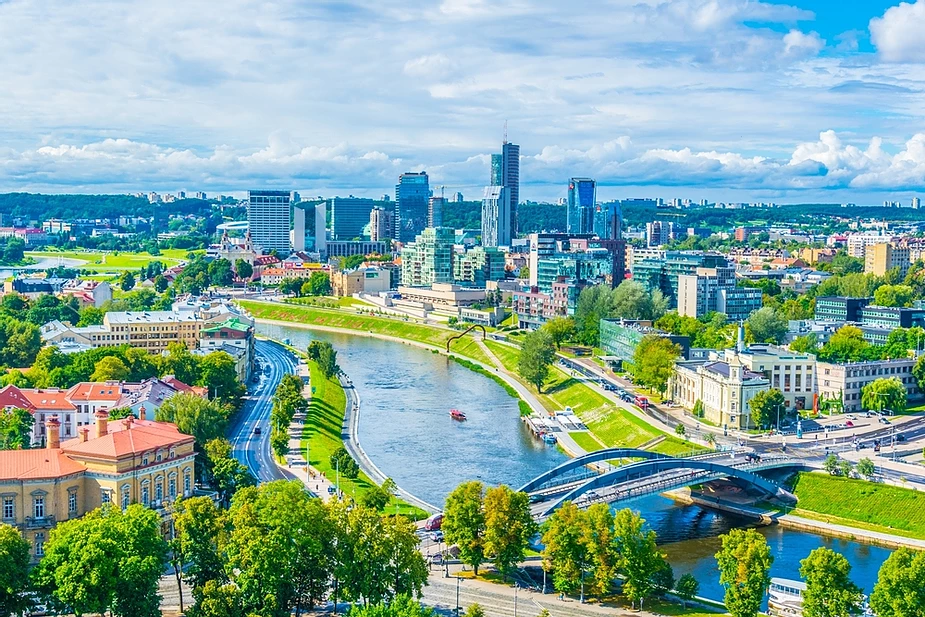With just 3 million inhabitants, Lithuania is a little known Baltic State that leads in social entrepreneurship. This is due to historic policies, strong institutions and a STEM-driven population, all of which encourages innovation. As early as 1996, Lithuania expressed support for youth entrepreneurship when the Parliament launched its “State Youth Policy Conception”, which provided legal precedent to develop policies to support youth. Moreover, in 2004, Lithuania was one of the first new EU member states that adopted an official Law on Social Enterprises. Later in 2015, Lithuania’s Ministry of Economy launched the degree on the adoption of the “Conception of Social Business”. All of these measures are examples that demonstrate Lithuania’s stronghold as a social entrepreneurship and enterprise hub.
Beyond integrated policy, one of the key reasons for Lithuania’s success is its technical talent. A common characteristic of many pre/post-Soviet states is that their populations tend to be more educated in technical skills like STEM over other states. As per ArcticStartup, “The backbone of Lithuanian startup scene is technical talent and willingness to experiment. Like in many Eastern European countries you will find talented tech talent due to a strong education system and white-hat hacker culture. While schools and universities prepared people with good math and science backgrounds, illegal file sharing platforms and self-made LANs became the first playgrounds for many early hackers, who currently run their own startups.”
As a bit of helpful background, Lithuania started to develop into a regionally (then internationally) recognized entrepreneurial hub in 2007. This time period can be considered the golden era in Lithuania for dotcom entrepreneurs, when the startup environment began to take root. At first, the startup movement was constrained to small local hubs within lithuania. It was more choppy than it was centralized, as a result of one-off initiatives. However, just a few years later in 2011, Lithuania’s startup scene came together into a strong movement with the launch of the StartupHighway Accelerator, the first significant hackathon of the nation. Other programs that launched include App Camp Vilnius, Login and Startup Weekend Lithuania. At the same time that these movements and hackathons were occuring, the market was mature enough to adopt new IT solutions. This meant that old-school IT firms began irrelevant, as market pressures demanded innovation. The result was a boost in VC investments into experimental and adventurous entrepreneurs who were ready to tackle the demand crisis and create new IT solutions. And just like that, the startup scene began to blossom in Lithuania, and has done so ever since.
One example of a famous Lithuanian social-centric startup is Vinted, a p2p “pre-loved” second-hand fashion marketplace founded in 2009. Initially the product was dedicated only for the Lithuanian market. A few years later they raised a significant $6.5M series A from Accel partners and unified their brand under the Vinted name. However, the operations and development stayed in Vilnius even after raising further $27M series B in 2014 from Insight Venture Partners.
To Conclude:
Lithuania has proven its place on the map as a Baltic State that is leading in social entrepreneurship. By focusing on STEM and encouraging new solutions, Lithuania is the perfect example of a nation that is forging its own path in social innovation.
Original Source: https://www.the-angelica-factor.com/post/how-lithuania-transformed-into-a-social-entrepreneurship-hub
This publication has been prepared within SENBS project No. 2020- 1-EE01-KA204-077999. The content of this publication is the sole responsibility of the project coordinator and may not always reflect the views of the European Commission or the National Agency.
















Major thanks for the article.Thanks Again. Really Great.